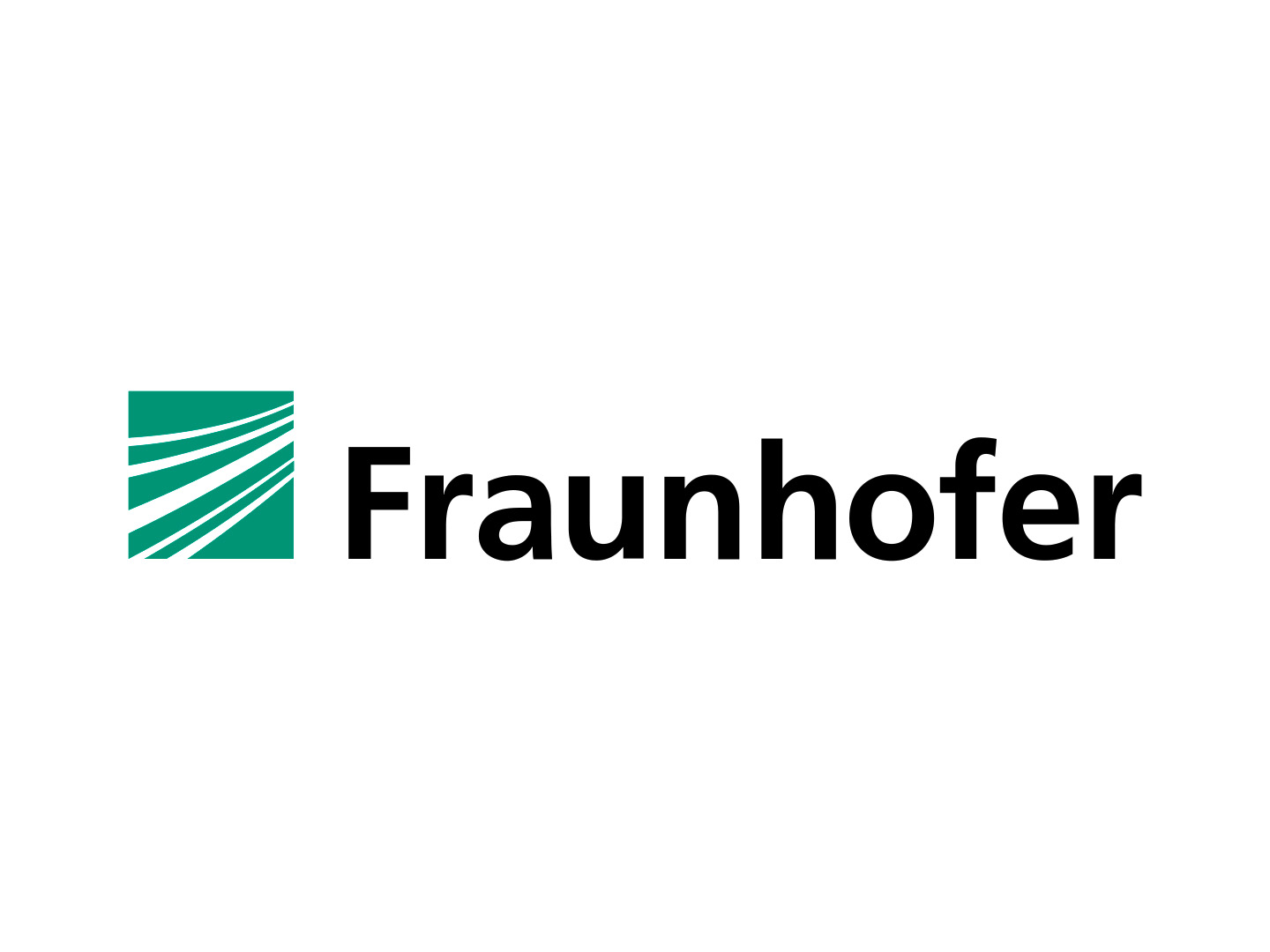Plastic packaging - the hardly recyclable all-rounder
Lightweight, inexpensive, break-resistant, durable: not least because of its many positive properties, many companies turn to plastic as a packaging material. Plastics are thus found everywhere in everyday life - in the food, cosmetics and pharmaceutical industries. After all, good packaging can save resources and reduce food waste.
At the same time, plastic waste is increasingly polluting the environment, as many packages are not recyclable due to their composition of different laminates. Multilayer films therefore accumulate in the environment, endangering humans and animals. Their only alternative is landfill or thermal recycling. With "MoNova", Fraunhofer UMSICHT is therefore researching packaging that consists mainly of only one type of polymer. In parallel, the positive properties of the multilayer films are to be retained.
Subsequently adjust properties for monomaterials
Using single-grade polyolefins or recyclates, special additives and physical and wet chemical post-treatment, the researchers can precisely adapt the film components of the monomaterial to various technical requirements. This is possible by separating the property profile of the polymer granules to be extruded from the subsequent product properties of the film. In this way, they subsequently modify the film material. Since productivity is maintained in the process, no higher production costs are incurred.
In terms of application, therefore, the same possibilities arise as with film laminates made from mixed plastic grades. With a functional hybrid polymer coating in a simple coating process, the mono films also obtain the necessary barrier properties that qualify them for use in the food, cosmetics and pharmaceutical industries. For example, their mechanical properties ensure the stability of stand-up pouches. In addition, the packaging is designed to prevent the escape of gases, vapors and flavorings with the aid of the barrier effect.
With monomaterials to the circular economy
Thanks to their recyclability, packaging made from monomaterials also enables a resource-saving and sustainable circular economy. The recycled materials thus become new raw materials again for new packaging films, which are also suitable for all industries.
Many advantages for potential customers
For companies using mono-material packaging in the future, the main focus is on the advantages of stability and sealability. The simplified recyclability saves them money on licensing costs and at the same time pays off positively for their image.
 Fraunhofer Institute for Environmental, Safety and Energy Technology UMSICHT
Fraunhofer Institute for Environmental, Safety and Energy Technology UMSICHT